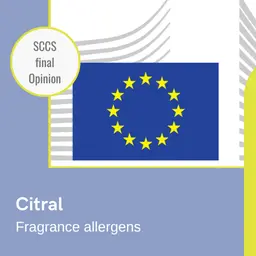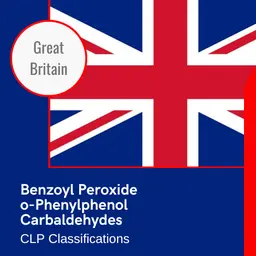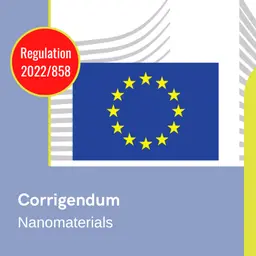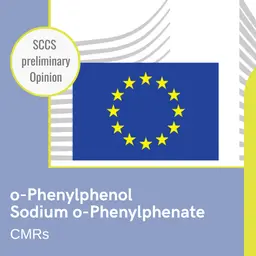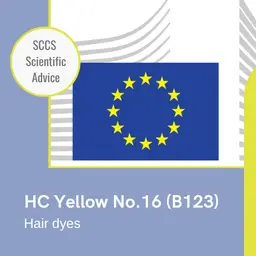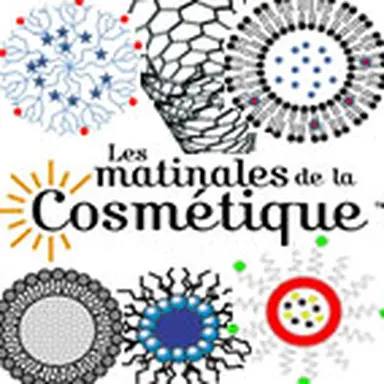
Nano-particle, nano-ingredient, nanomaterial, nano-object … though tiny, nanos are topical. They are talked about, and should be even more talked about when the “nano” word itself will be displayed on the cosmetics’ labels (on July 11, 2013). They are talked about … but what are they, in fact? Seven questions/answers to understand, following the lecture by Philippe Piccerelle, on 22 February 2013, during the Morning Meetings on Cosmetics.
Nanos, what’s that?
The term “nano” is a prefix used in the International System of Units (SI) when talking of a figure which is a billionth of the unit (for length, volume, mass, whatever). Strictly speaking, a nanomaterial is a material the size of which is less than a micrometer (1,000 nanometres), hence, between one and 999 nanometres.
Nanosciences and nanotechnologies are a rather recent scientific branch, which rose during the second half of the 20th century.
Nowadays, nanomaterials, with their properties very different from those that prevail at a larger scale, are present in numerous sectors: aerospace, automotive, chemistry, electronics, energy, environment… and cosmetics.
How do nanos look like in cosmetics?
In cosmetology, there are several kinds of nano-objects, be they solid, semi-solid or liquid. One can list:
• nanoparticles: mineral powders (in sunscreens, or as texture adjuvant in emulsions), polymeric or semi-solid lipid nanoparticles, metallic powders (used also in medicines), carbon-based molecules (fullerens, nanotubes), complex molecular structures (used to deliver active ingredients),
• nano-capsules,
• liposomes,
• dispersed liquid systems (micellar systems, micro-emulsions, nano-emulsions).
What nanos are used for in cosmetics?
Nano-objects have a lot of interesting applications in cosmetics.
• Encapsulation: to protect fragile active ingredients (retinol, …





